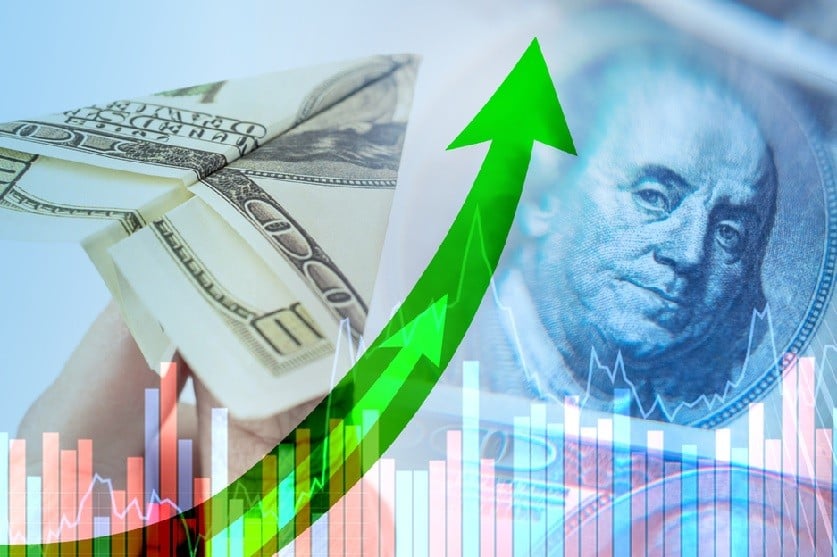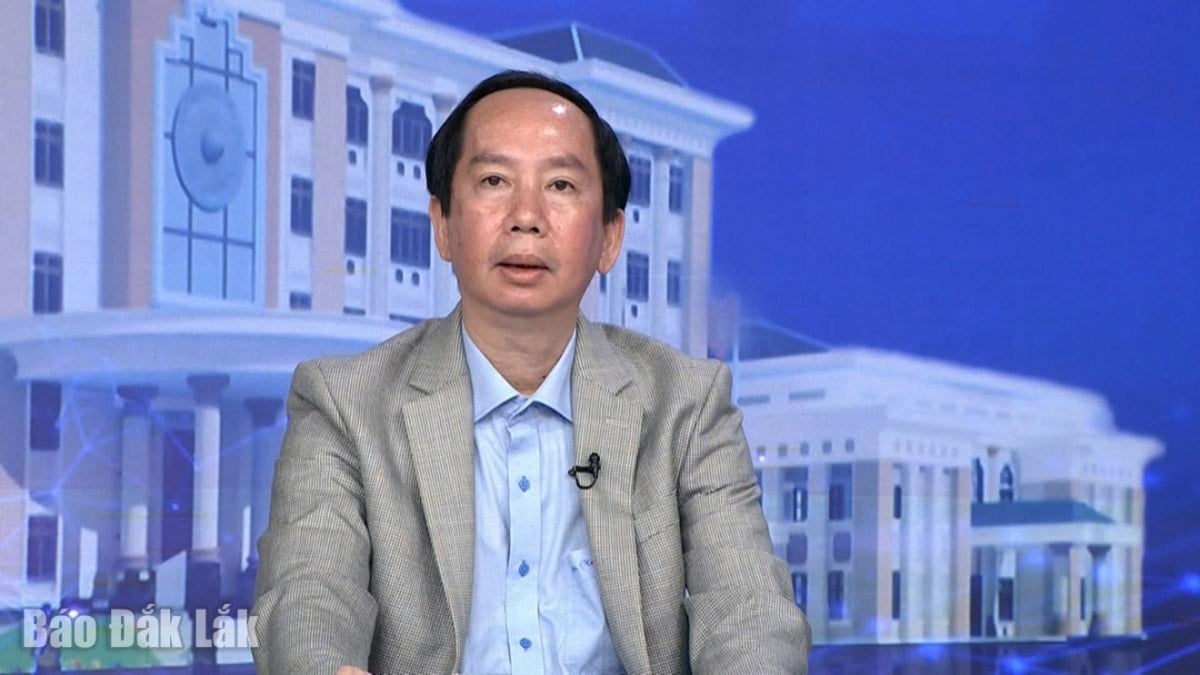 |
| Many central banks are choosing to raise interest rates to cool inflation. (Source: Papatrader) |
Central banks around the world are sending a message that if they are slow, they will not win the fight against inflation.
After unexpectedly raising interest rates by 0.5 percentage points last week, Bank of England Governor Andrew Bailey said: “If we don’t raise interest rates now, high inflation will last much longer.”
Although inflation is slowing in many countries after several interest rate hikes over the past year, it remains above the 2% target set by many central banks.
Raising interest rates is the main tool central banks have to control inflation. However, research shows that there is a lag of at least 12 months between when a central bank takes action and when that action has an effect on the economy .
That is why the US Federal Reserve (Fed) paused interest rate hikes at its June 2023 meeting, after 10 consecutive hikes since March 2022.
CNN commented that one of the reasons central banks have difficulty controlling inflation is that certain areas of the economy are not responding to interest rate increases.
For example, US service prices, excluding energy, increased by 6.6% year-on-year in May 2023, higher than the 5.2% recorded in May 2022. This shows that the upward trend in service prices continues.
Michael Bordo, professor of economics and director of the Center for Monetary and Financial History at Rutgers University, said that taking so long to make this decision also has its consequences.
“The longer we wait, the more central banks will have to tighten to contain inflation,” he said, because research shows that if left unchecked, inflation could become more persistent and more difficult for central banks to control by raising interest rates.
Source


































































































Comment (0)